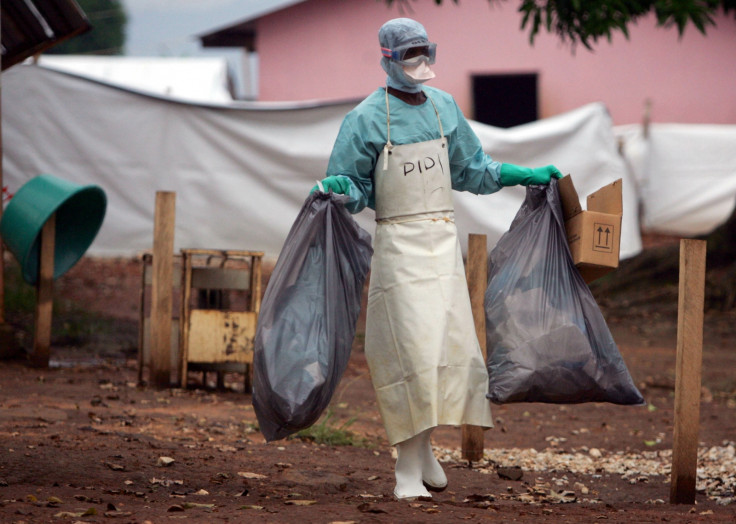Uganda: Extremely Deadly Pathogen Marburg Virus Kills Hospital Worker

A hospital worker in Uganda has died from the Marburg virus, one of the most deadly pathogens known to exist.
The 30-year-old man died in the Mengo hospital where he worked on 28 September, 11 days after first becoming ill. Two days after his death, the presence of the virus was confirmed.
The Marburg virus is from the same hemorrhagic fever virus family as Ebola, causing bleeding, fever, vomiting, and diarrhoea. Fatality rates are over 80% during some outbreaks, the World Health Organisation (WHO) said.
So far, only one other person that the man was in contact with has developed signs of the disease, but 80 more have been placed in isolation, the Ugandan health ministry said in a statement. "These include 38 health workers from Mengo hospital and 22 health workers from Mpigi Health Centre IV."
Like Ebola, the Marburg virus is spread though contact with bodily fluids. It was first identified during epidemics in 1967 in Marburg and Frankfurt in Germany and Belgrade in the former Yugoslavia. It came from infected monkeys in Uganda.
"MVD is a severe and highly fatal disease caused by a virus from the same family as the one that causes Ebola virus disease," WHO said. "These viruses are among the most virulent pathogens known to infect humans. Both diseases are rare, but have a capacity to cause dramatic outbreaks with high fatality.
Uganda's Prime Minister Dr Ruhakana Rugunda said any outbreak would be brought under control. Posting on Twitter, he said: "Uganda has previously successfully handled similar situations of health threats involving haemorrhagic fevers."
President Yoweri Museveni asked that people be "calm but vigilant", noting that they should avoid shaking hands and to report any suspicious cases to authorities.
Health minister Elioda Tumwesigye said Doctors Without Borders and WHO have already dispatched aid, adding there is no connection between the case of Marburg and the ongoing West Africa Ebola outbreak.
"There is no connection between these two outbreaks. We cannot link this to what is happening in West Africa," he said.
© Copyright IBTimes 2024. All rights reserved.






